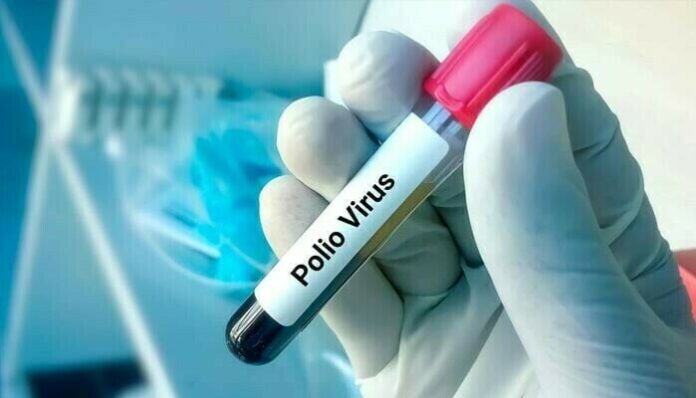Quetta, June 17: The poliovirus continues to be a lingering issue in Pakistan as the virus has been detected in sewage samples from Islamabad, Rawalpindi, and Balochistan’s Loralai.
Health officials declining to be named said this is the second time this year that poliovirus has been detected in Islamabad’s sewage, while Rawalpindi has reported its second case and Loralai its first.
The samples were collected on June 3 and have tested positive for wild poliovirus type 1, as well as vaccine-derived poliovirus types 2 and 3.
So far this year, 176 samples from all four provinces have tested positive for polio, and 45 districts across the country have confirmed poliovirus in environmental samples.
Pakistan has already recorded four children paralyzed with the crippling virus, and one death due to polio this year.
This indicates a worsening of the problem as the country’s authorities have been unable to neutralise the virus due to both inadequate resources, as well as radicalism which has frequently led to violent clashes of protesters with law enforcement authorities, and the death of medical workers.
Apart from that, infrastructure deficiencies, particularly in drainage systems, also contribute to the spread of poliovirus in Pakistan. Broken sewer lines contaminate drinking water sources, facilitating virus transmission.
According to an anonymous official of the polio programme, Regional Reference Laboratory for Polio Eradication at the National Institute of Health has confirmed the detection of Type-1 Wild Poliovirus (WPV1) in Loralai and two already infected areas of Rawalpindi and Islamabad.
“In Loralai, the environmental sample was collected from Rasala Line and it is first positive sample from district this year. The previous positive sample from this district was collected on Feb 17 2021,” he said.
He added that the Islamabad sample was collected from the Sabzi Mandi environmental site and it was the second positive sample in the city while Rawalpindi also detected its second positive sample this year from the environmental site of the Safdarabad area.
He said that if polio virus was found in the sewage water, the sample was considered to be a positive environmental sample.
According to an official statement, an intense vaccination schedule is being implemented this year to curb the spread of polio. So far this year, five vaccination campaigns have been conducted. This included two nationwide drives and a campaign ahead of the high-travel Eid season that concluded last week and reached 17.25 million children under the age of five.








